Soil formula fertilization is to test the soil, understand the content of various elements in the soil, on the basis of reasonable fertilization, to achieve a balanced supply of various nutrients, maximize the effect of fertilization, reduce the use of fertilizer, improve the utilization rate of soil nutrients, labor saving, cost saving and increase yield.
From April 2018, a one-month soil and water quality survey was carried out in kunyang rose cut flower comprehensive technical service area, involving 17 farmers, 17 soil samples and 15 water samples in total.
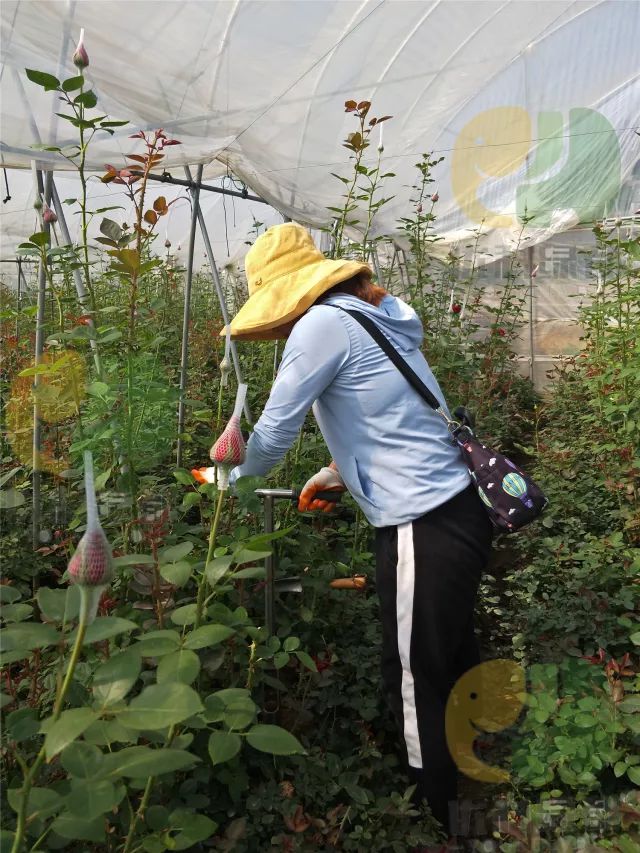
Comprehensive analysis of soil and water quality
Question:
1. The soil is mostly loam + clay with heavy viscosity.
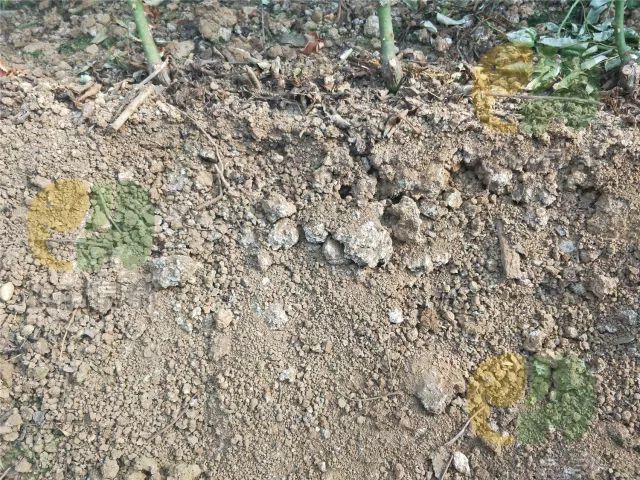
2,The soil is generally acidic.
3,The contents of available phosphorus, available potassium, exchangeable calcium and magnesium, available iron and available copper in the soil are relatively high, but they are all fixed in the soil and cannot be absorbed by plants at all.
4,low-lying easy water.
5,Soil compaction and salinization are serious.
6,the growth is not normal (dead seedlings, stiff seedlings), the main pile is difficult to germinate, flower branch thickness and height is not enough, some varieties of winter color difficult.
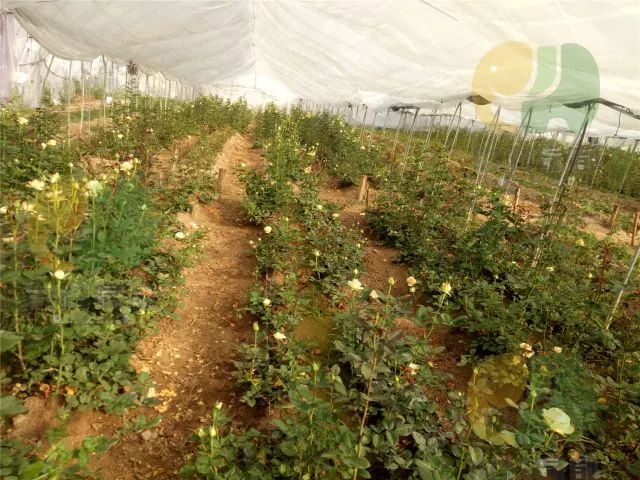
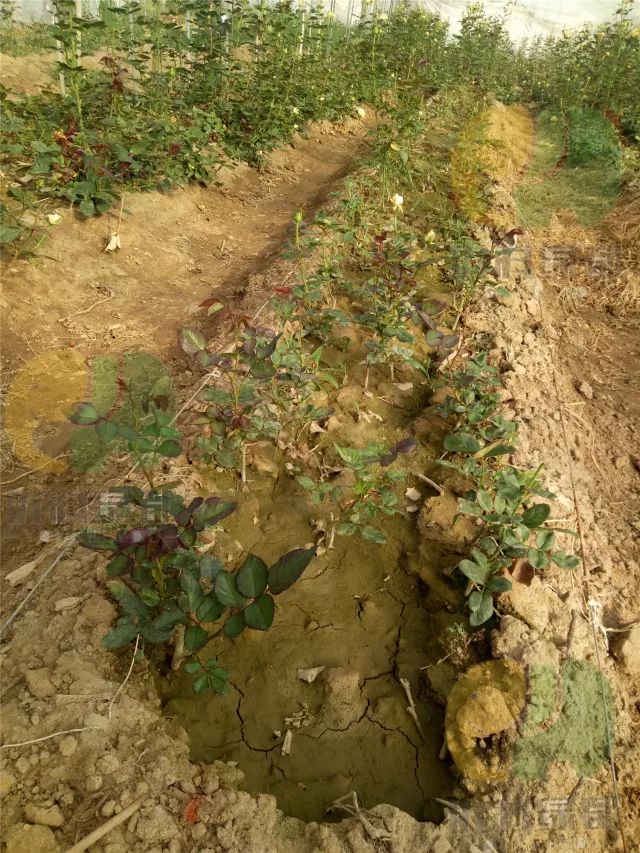
The reason:
Long-term heavy cropping, unreasonable fertilization, heavy use of chemical fertilizers and lack of awareness of land conservation have resulted in soil acidification, salinization and hardening, and gradually the soil problem becomes more and more serious.
1. A lot of chemical fertilizers are used, and the nutrients are not well absorbed and utilized by the crops. The residues are fixed in the soil, damaging the soil aggregate structure.
2. Long-term replanting. (rose is a perennial root growth, planting time long yield will decline, the third and fourth years of soil salinization, deterioration of physical and chemical properties.)
3, the awareness of farming is weak, will rarely use organic fertilizer. (amino acid, humic acid, fulvic acid, biological fertilizer)
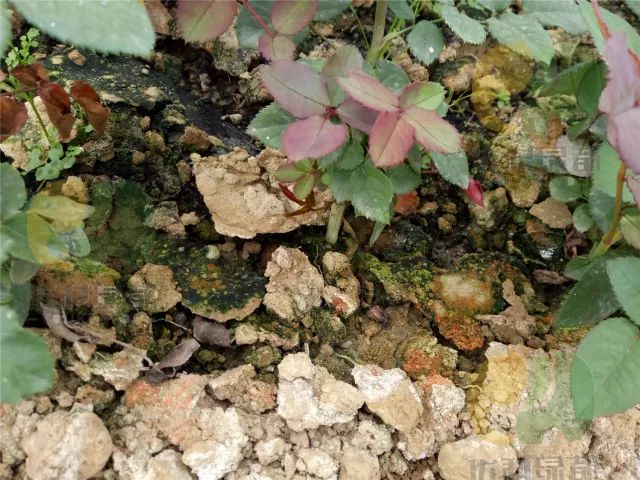
4. The soil is sticky and the rose root system cannot be extended.
5. Most greenhouses are simple greenhouses, with poor ventilation and drainage system, uncontrollable temperature and humidity, poor air circulation, many diseases and insect pests, and difficulty in improving the quality of flowers.
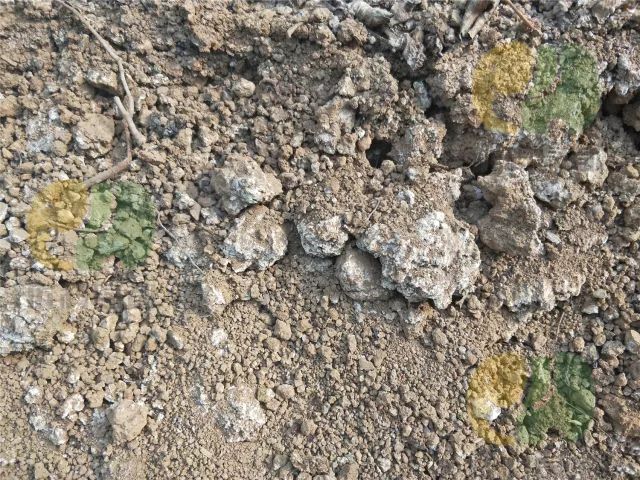
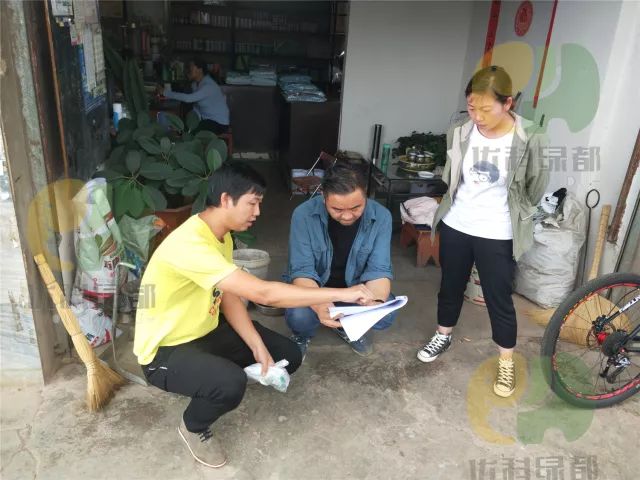
A solution to the soil census in kunyang
Soil improvement is a long-term process, only from the formula to change a drop in the ocean, the key is to improve the soil!
In view of the problems of yuankunyang soil, difficulties and pain points in planting, we decided to adopt soil testing formula fertilization to develop private nutrition packages. On the basis of the original production and planting mode, we made private nutrition plans according to the soil testing results and basic conditions of the land.
1. Differentiated service based on customers: three farmers were selected from the 17 farmers who conducted soil sample testing. According to the characteristics of the varieties they planted, land environment, greenhouse facilities and water source, and the absence of nutrients in the test report, the nutrition plan was made.
2. According to the basic situation of soil, each family increases the amount of organic fertilizers, creates a good microbial environment for plant growth, maintains the loose air permeability of soil, and makes its root system grow well. Reduce the use of chemical fertilizer, follow a small number of times, organic and inorganic combined fertilization principle, to improve the content of organic matter in the soil, remove the phosphorus and potassium elements in the soil, improve the absorption rate of fertilizer;
3. Whole-process follow-up test: timely adjust the plan according to the weather, plant growth and variety differences, try to participate in each fertilization of farmers, understand the fertilization methods of farmers, make follow-up records of the test, and find out the differences between the test group and the control group.
To solve the problem of blind planting, soil testing and water testing by farmers, which reflects the value of the company's technical services instead of selling products, ensures the improvement of output and quality, and gradually improves the soil structure.
